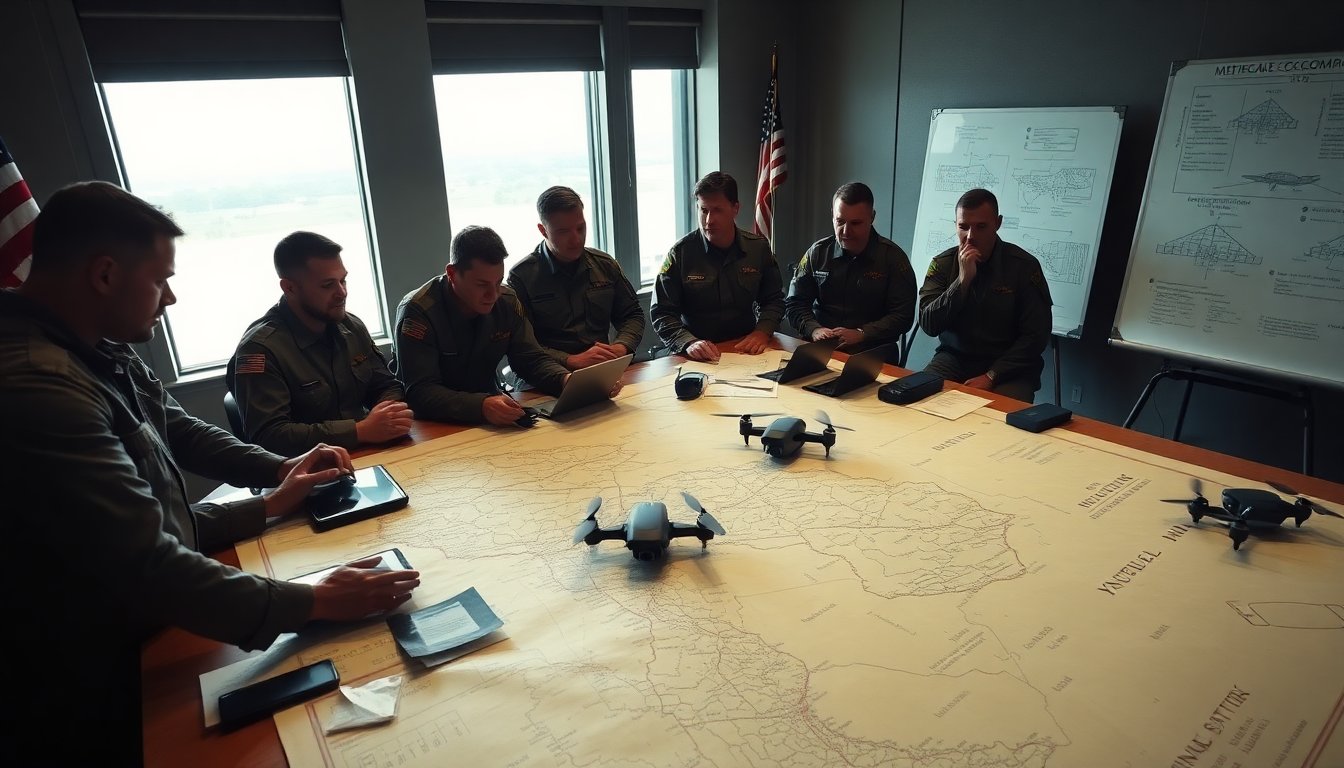Table of Contents
U.S. President Donald Trump is currently evaluating various military strategies regarding Venezuela as tensions with Nicolás Maduro’s government escalate. High-ranking officials are engaged in discussions, assessing the feasibility and potential consequences of different intervention methods. Understanding the historical context of similar interventions may provide insights into the current situation.
Exploring military intervention options
The Trump administration is reportedly considering three primary strategic options to address the Maduro regime. These approaches draw from past U.S. military interventions in countries like Iran and Iraq, reflecting the complexities and risks inherent in foreign military engagements.
Scenario one: Direct military intervention
The first option resembles the U.S. intervention in Panama in December 1989. In that operation, American forces surrounded the Vatican Embassy where General Manuel Noriega had taken refuge, ultimately leading to his surrender. A similar approach in Venezuela could involve deploying troops near Caracas, employing beach landings or helicopters for rapid insertion. However, such direct action raises concerns about potential casualties and the long-term implications of a ground invasion.
Scenario two: Air strikes and long-range weaponry
The second approach involves using long-range weaponry to conduct air strikes against strategic targets within Venezuela. This tactic echoes the U.S. military’s previous operations in Libya in 2011, where targeted strikes played a significant role in the removal of Muammar Gaddafi. Analysts caution, however, that the Venezuelan context differs markedly from Libya’s, particularly with the lack of organized opposition figures ready to assume power after such an intervention.
Covert operations and intelligence gathering
The third option includes conducting covert operations, reminiscent of U.S. involvement in regime changes like the overthrow of Iranian Prime Minister Mohammad Mosaddegh in 1953. Reports suggest that the U.S. has deployed spies within Venezuela to gather intelligence and potentially prepare for destabilization efforts against the Maduro regime. While covert actions may appear less aggressive than overt military strikes, they carry risks, including exposure and international backlash.
Historical context and potential consequences
Any military action against Venezuela may evoke memories of the U.S. banana wars, a term describing a series of military interventions in Central America and the Caribbean during the late 19th and early 20th centuries. Such actions could lead to increased anti-American sentiment and complicate diplomatic relations in the region. As the U.S. considers its options, lessons learned from history will undoubtedly inform the decision-making process.
The debate surrounding military options for Venezuela highlights the complexities of foreign intervention and the weight of historical precedents. As President Trump deliberates with his team, the world watches closely, anticipating the potential ramifications of any decision taken amid significant political and economic turmoil in Venezuela.
While the prospect of military intervention remains contentious, it is crucial for U.S. leaders to weigh potential outcomes carefully. The strategies explored reflect a broader discourse on America’s role in international affairs and the implications of intervening in another nation’s sovereignty.


